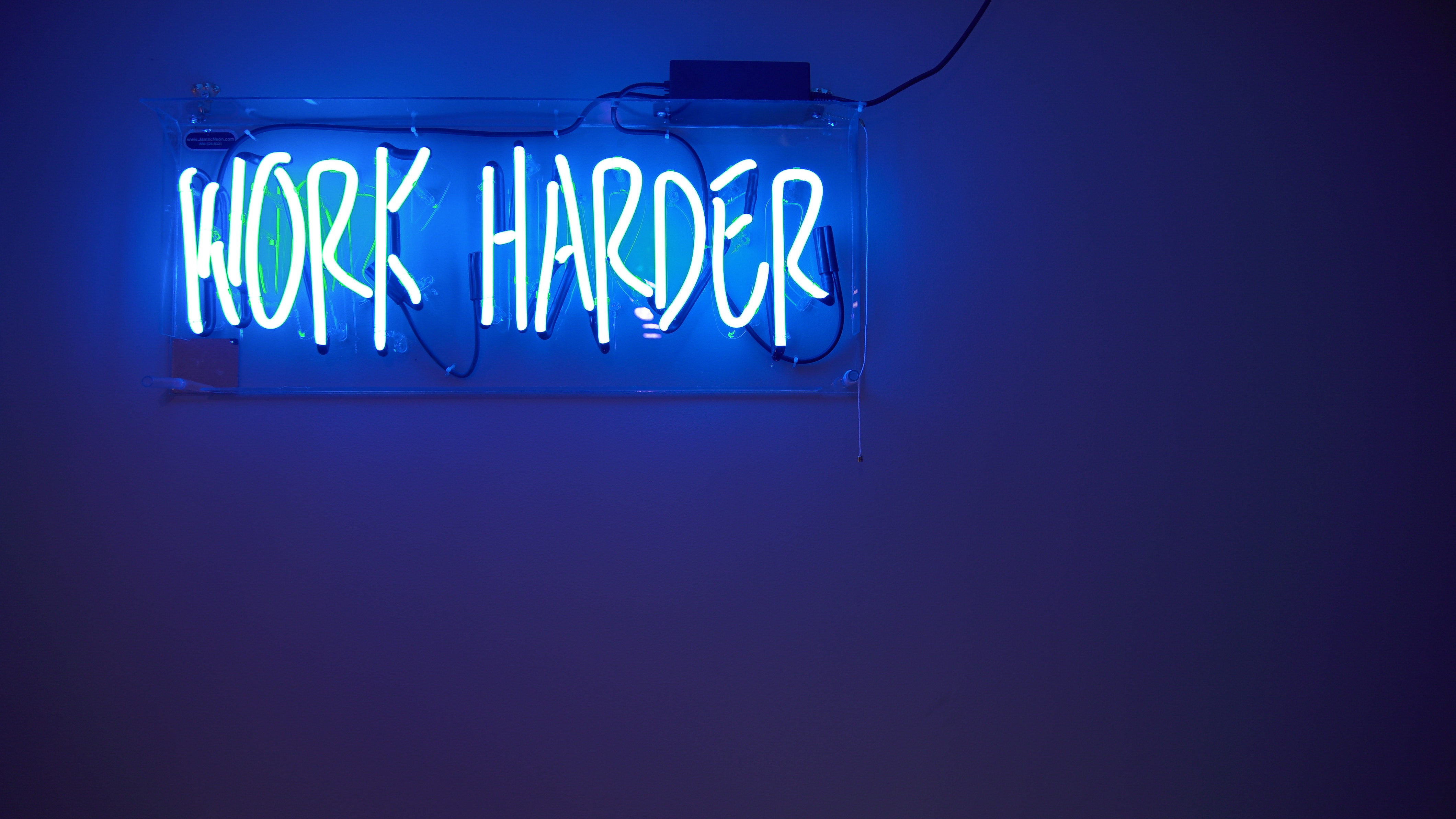Games for Gains: Utilizing SMART Goal Techniques with Rewards-Driven Motivation
October 16, 2017 at 12:00 AM

How can a hard-working creative firm find the time to keep up with the ever-changing palette of knowledge and experience necessary to stay on the cutting edge of the design industry? And once you know what skills you want to pick up, how do you keep the team focused on the task through the long-term process of training from beginner to professional?
How can a hard-working creative firm find the time to keep up with the ever-changing palette of knowledge and experience necessary to stay on the cutting edge of the design industry? And once you know what skills you want to pick up, how do you keep the team focused on the task through the long-term process of training from beginner to professional?
This is one of the biggest problems facing small and very productive (read: BUSY) design firms like NeigerDesign. When all the hours of the day are filled with clients, it's hard to find time for professional development and passion projects. The key is to find the right combination of project management, time management and accountability that works for you and your team. Then just keep all of these balls in the air . . . for your entire team . . . indefinitely. No problem, right?
But seriously, when your time is already full it's still not enough to just have goals and accountability. You need to have the right kind of goals, and personalized motivation. The combination of SMART goals and "gamifying" may have the answer to consistent and successful progression on an independent basis.
What Are SMART Goals?
Goals that are too small (I want to run), too vague (I want to be a fast runner), or too ambitious (I want to run faster than Usain Bolt) will always fail to motivate or succeed. The SMART system is meant to create useful and productive goals that inspire and motivate. This makes all the difference when working with teams, and long timelines.
Specific
Have clear and established aims.
Measurable
Be able to measure the success.
Assignable
Designate who will complete the task, and who will supervise.
Relevant
Productive for the employee, and the company as a whole.
Timely
Set a timeframe accurate to the scale of the task.
Studies show that employees are most motivated (in terms of ambition vs. simplicity) when goals have a 50% chance of success. "Wow, that's a real chance of failure! Why risk it?" you ask. Because goals that are too easy to hit are also too easy to procrastinate on, and failure isn't as bad as it sounds. More on that later.
Identify Goals
In a creative firm's case, SMART goals can be built from an employee's passions, career path, changes in the industry, company priorities or just ambition to get ahead of the curve.
For example:
S - Win more awards for web design.
M - Enter at least 3 design contests.
A - John is responsible for building portfolio pages for submission.
R - Improves exposure for the firm.
T - To be completed in 6 months.
What is Gamifying?
To "gamify" a goal simply means adding motivation by assigning rewards proportionate to the difficulty of the goal. Gamified SMART goals gain the extra benefit that users will strive to hit harder targets for better rewards.
These rewards can be tangible (extra recreation time, eating out someplace nice, extra spending money) or entirely virtual (like XP, gold coins or equipment for an avatar) depending on the game-system that works for you. An additional benefit with gamified SMART goals is that they are easier to get started on. Small rewards handed out on those first tasks provide instant gratification.
Examples of Gamification Software
Habit RPG
Create to-do lists, and gain gold to buy new stuff for your 8-bit avatar when you complete tasks. Slack off, and your avatar can die. Game over man.
Super Better
Set one specific huge goal, and work towards it like a superhero! Complete missions (sub-tasks) and fight bad guys (lazy habits) with the help of your super team (coworkers and peers).
Todoist Karma
Todoist's already award-winning task management application, with a simple addition of gaining karma points for completing items on your list. Compare your score with friends and work towards "guru" status.
Itemz
A full-featured project management solution that works on top of your existing PM system to turn tasks into missions, and entire projects into boss fights!
Other gamify techniques that you may include, depending on the goal:
- Progressive difficulty: start small and easy with small rewards. Work up to bigger rewards.
- Random drops: roll dice or flip coins to determine the value of the reward.
Final Piece of the Puzzle
The last part of this system for setting and managing goals is to face the reality that failure is inevitable. Because if you're doing it right, half the time it won't feel like you're doing it right at all. But there is power in failure.
Just like in a video game, when the task is stronger than you thought and you fail, you get to approach it again with more experience. Thank your past self for the lessons, and learn some more for the benefit of your future self.
Comments
Questions or comments? Join the conversation!